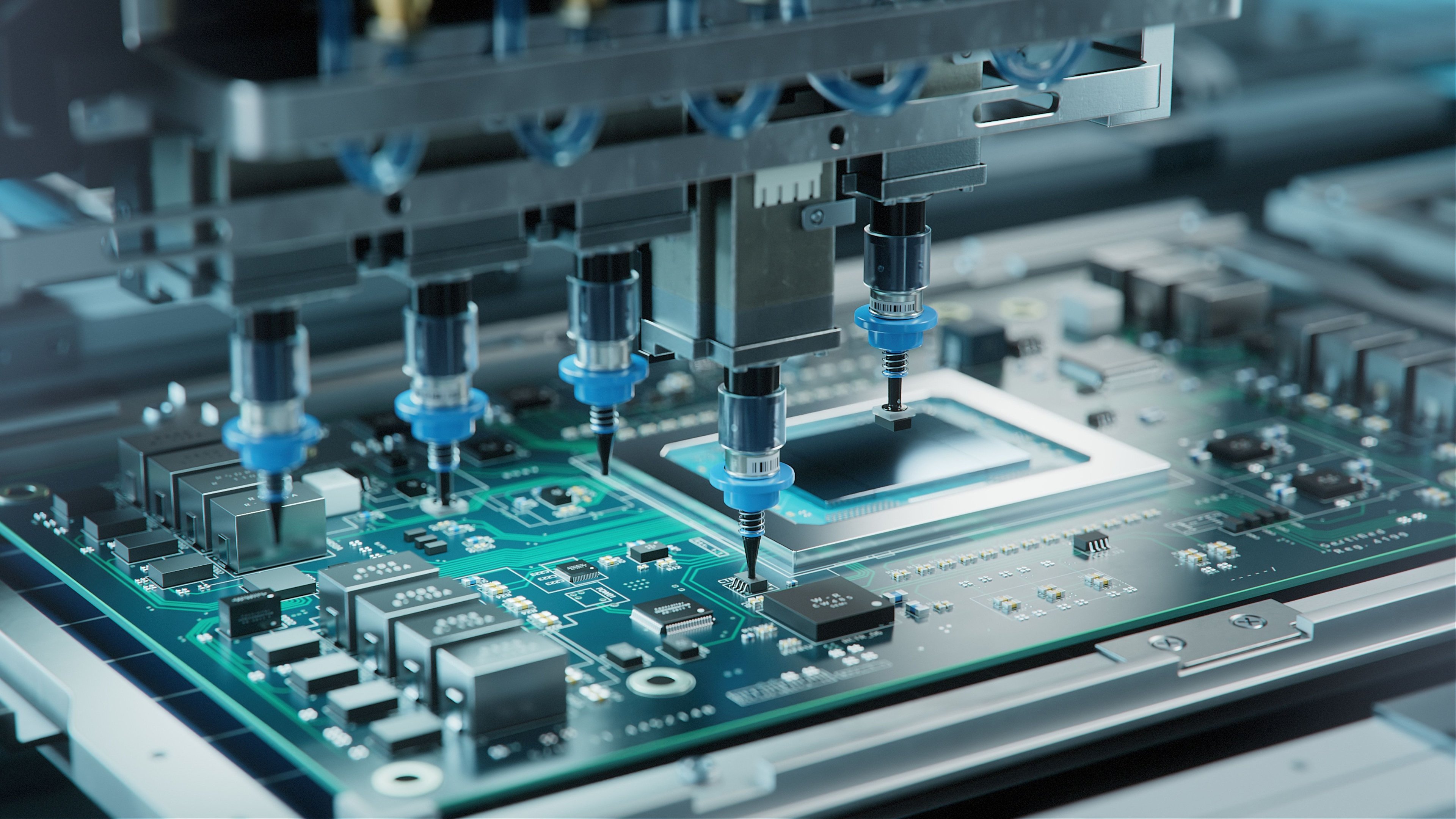Chipmaker Cirrus Logic (CRUS 2.52%) is desperately looking for different options to return to its high-growth ways. After riding on Apple's (AAPL 0.07%) coattails successfully, Cirrus lost momentum and looks pretty much like a dead-money investment right now.
Stiff competition, unfavorable pricing at Apple, and overreliance on a single source for revenue have made Cirrus dirt cheap. The stock trades at just 10 times last year's earnings, and this might lead many to believe that Cirrus could be a value play.
Is it really a value play?
This is probably why Fool contributor Adam Levy believes that Cirrus could be a good buy at current levels, and he has solid reasons to back up his claims. Cirrus' position in Apple's iEmpire, its focus on emerging tech such as wearable devices, and aggressive research and development might help Cirrus gain ground going forward. However, it is still too early to say if Cirrus is a good buy. The company must prove its mettle by delivering results.
Cirrus has miserably failed to satisfy investors over the past few quarters, which is why it trades near the lower end of its 52-week range. The story continued once again in the recently reported third quarter when Cirrus shares dropped more than 10% after it issued woeful guidance. Cirrus called for revenue of $130 million-$150 million, significantly behind consensus estimates of $175.3 million. As such, investors would be better off staying away from the company, as a turnaround is still not in the cards.
Reasons to be apprehensive
There are some simple reasons why Cirrus could struggle. First, Cirrus' Apple relationship isn't as lucrative as before. Revenue from Apple contractor Foxconn had peaked earlier in the fiscal year at a remarkable 80%, when Cirrus used to disclose the percentage of revenue from its largest customer. However, no such thing happened over the previous conference call.
This is quite understandable. Apple itself is going through a rough patch, as its guidance for the ongoing quarter shows. The mid-point of Apple's guidance puts its revenue at $43 billion, while the Street was expecting $46 billion. In addition, at the mid-point of the guidance, Apple's revenue would decline on a year-over-year basis.
However, some might argue that sales of Apple's devices are still strong, and its deal with China Mobile should be beneficial for component suppliers such as Apple. But then, as Cirrus has likely already achieved its peak revenue from Apple, there might not be much room for growth. Apple's focus on emerging markets through relatively cheaper devices, and the possibility that it might be negotiating lower prices for components are headwinds that Cirrus bulls should take into account.
Levy says that the 29% year-over-year drop in Cirrus' revenue "was due mostly to a shift in pricing structure, as well as product mix." Now, it is an easy guess as to the reason behind the change in the pricing structure. Given that Cirrus generates a huge amount of revenue from Apple, this would continue hurting the company as its biggest account stagnates, or even declines.
Will diversification pay off?
However, to mitigate weakness at Apple, Cirrus is now branching out into other areas. The company has been focusing on energy-related applications, but it hasn't found much success. Revenue from this segment was down almost 22% in fiscal 2013 as compared to 2012.
Cirrus is trying its hand in an area in which it already has some sort of expertise. The company is looking to tap the market for wearable devices by making voice processors that would improve "user experience and improve voice recognition accuracy in smartphones, tablets and wearables."
This sounds impressive on paper. The market for wearable devices is expected to grow at a rapid pace in the future. Smart wearable bands are expected to grow 350% this year. Then, there are smart watches and wearable glasses that could see solid growth in the future.
Before buying into such prospects, remember that Cirrus isn't the only supplier looking to grab a bigger share of this market. Maxim Integrated Products and Dialog Semiconductor could turn out to be potent competitors and steal Cirrus' thunder, like they are doing in smartphones.
The bottom line
Cirrus might seem undervalued, but the company still has the potential to burn investors' money further if its diversification initiatives do not pay off. It doesn't make sense to put much faith in a company that hasn't had much exposure to clients other than Apple, until and unless it proves itself with its diversification initiatives.







